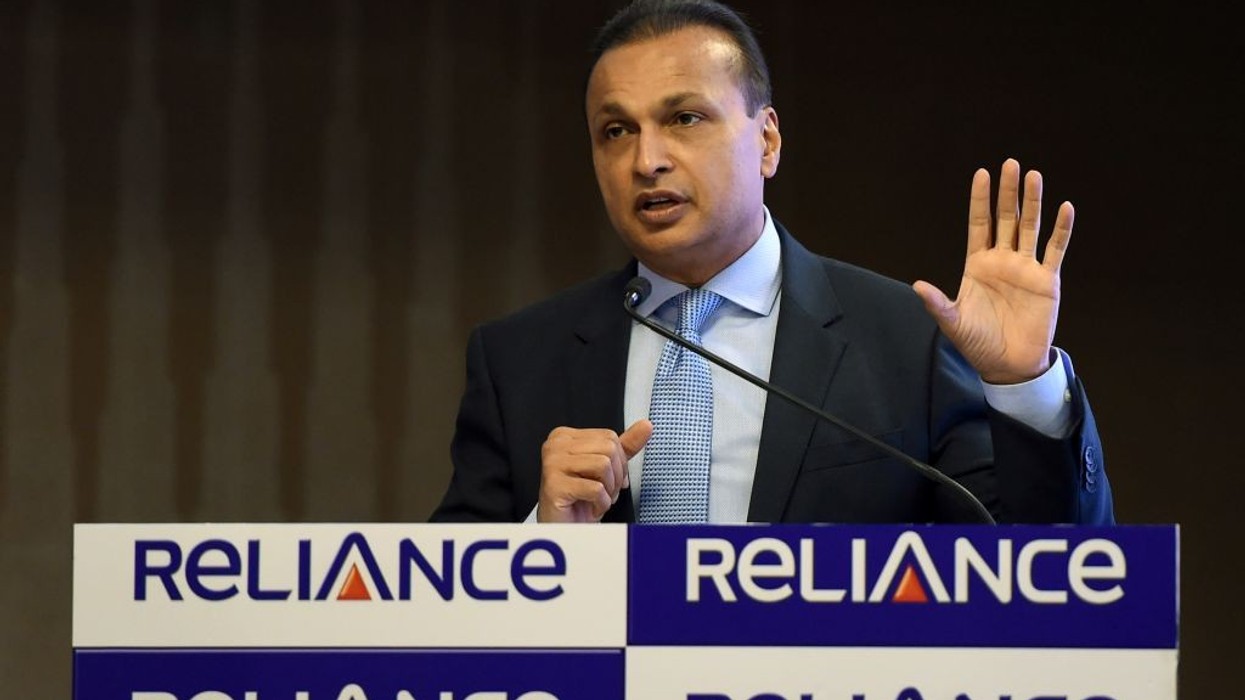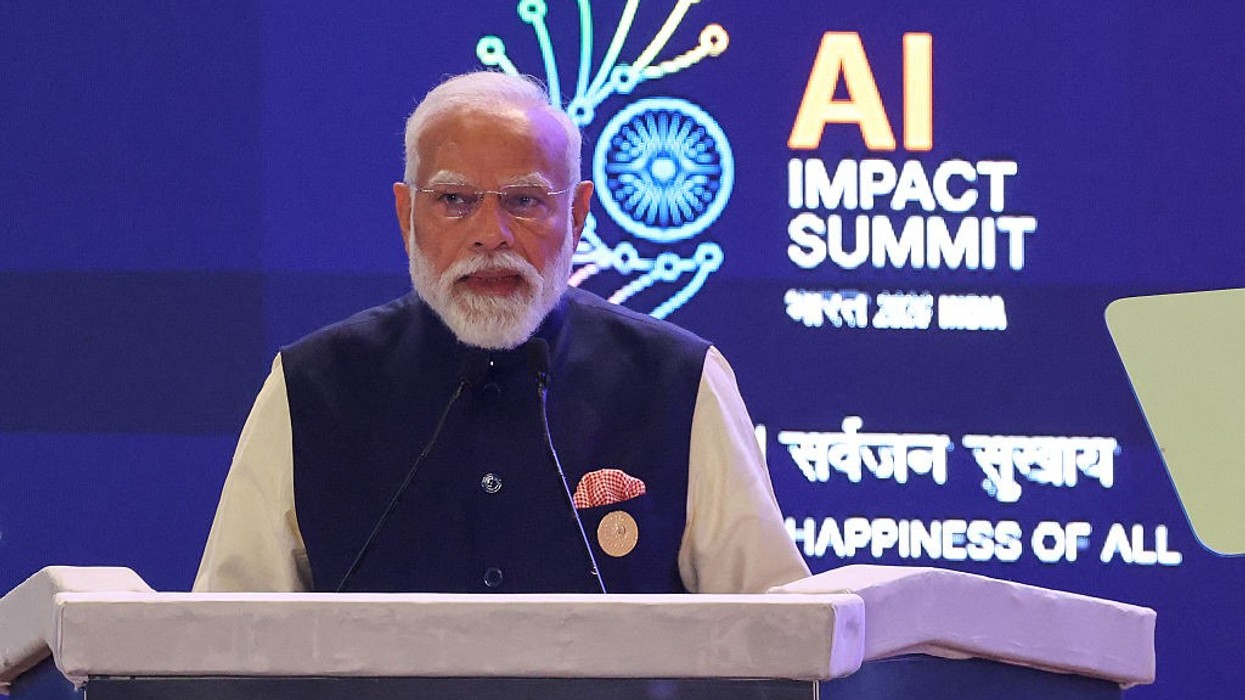At the Group of Seven summit in Kananaskis, Alberta, U.S. President Donald Trump and British Prime Minister Keir Starmer declared the signing of a major trade agreement, which both leaders hailed as a “sign of strength” between the two countries.
Trump, holding up the document, told reporters, “We just signed it, and it’s done.” He described the pact as “a fair deal for both” that would “produce a lot of jobs, a lot of income.” Starmer echoed this optimism, stating, “So this is a very good day for both of our countries — a real sign of strength”.
Tariff Cuts on UK Cars and Aerospace: “A Very Positive Day”
The new agreement delivers immediate benefits to the UK’s automotive and aerospace industries. The US has committed to removing tariffs on UK aerospace goods, such as engines and aircraft parts, which currently stand at 10%. This move is expected to come into force by the end of the month, providing a boost to British firms like Rolls-Royce.
On autos, the US will reduce tariffs on British car imports from 27.5 per cent to 10 per cent, up to a quota of 100,000 vehicles per year. Starmer emphasized that the deal “implements on car tariffs and aerospace,” and described it as a “really important agreement.”
The UK government estimates this will save car manufacturers hundreds of millions annually and protect tens of thousands of jobs.
Steel Imports: “We’re Gonna Let You Have That Information in a Little While”
While the deal covers cars and aerospace, steel remains unresolved. Trump told reporters, “We’re gonna let you have that information in a little while,” when asked about eliminating tariffs on British steel exports to the US.
Currently, the UK is the only country exempt from the global 50 per cent steel tariff, maintaining a 25 per cent rate. The British government says it will “continue to go further and make progress towards 0 per cent tariffs on core steel products as agreed”.
The White House clarified that the Commerce Department will set a quota for the amount of British steel allowed into the US without tariffs. The deal also requires the UK to meet American supply chain security requirements for steel and aluminum, a move widely seen as targeting Chinese inputs in strategic industries.
A Boost for Jobs and Livelihoods
UK Business and Trade Secretary Jonathan Reynolds called the deal a victory for “jobs and livelihoods in some of our most vital sectors.” Mike Hawes, chief executive of Britain’s Society of Motor Manufacturers and Traders, said it was “great news for the UK automotive industry”.
The agreement also confirms that American farmers can export 13,000 metric tons (29 million pounds) of beef to the UK each year, and vice versa, though the UK’s ban on hormone-treated beef remains in place. The deal will also see Britain drop tariffs on US beef, ethanol, sports equipment, and other products, and commit to purchasing $10 billion in Boeing aircraft.
“We Make It Work”: Leaders Praise Each Other and the Deal
Trump praised Starmer as a “great” prime minister, saying, “He’s slightly more liberal than me to put it mildly... but we get along.” Starmer responded, “We make it work.” Trump added, “The UK is very well protected” from tariffs. “You know why? Because I like them”.
What’s Not Included: Pharmaceuticals and Future Negotiations
No final deal was reached on pharmaceuticals, with the UK government stating “work will continue” to protect the industry from further tariffs. The agreement fleshes out the framework announced in May but leaves some details—especially on steel and pharmaceuticals—for future negotiation.
A “Golden Age” for US-UK Trade?
Both governments are touting the agreement as a new era for bilateral trade. Trump called it “a fair deal for both,” and Starmer said it would “boost trade between and across our countries. It’s going to not only protect jobs, but create jobs, opening market access”.
However, the unresolved issues around steel and pharmaceuticals mean that negotiations are far from over, and British industries remain watchful as details continue to emerge.















